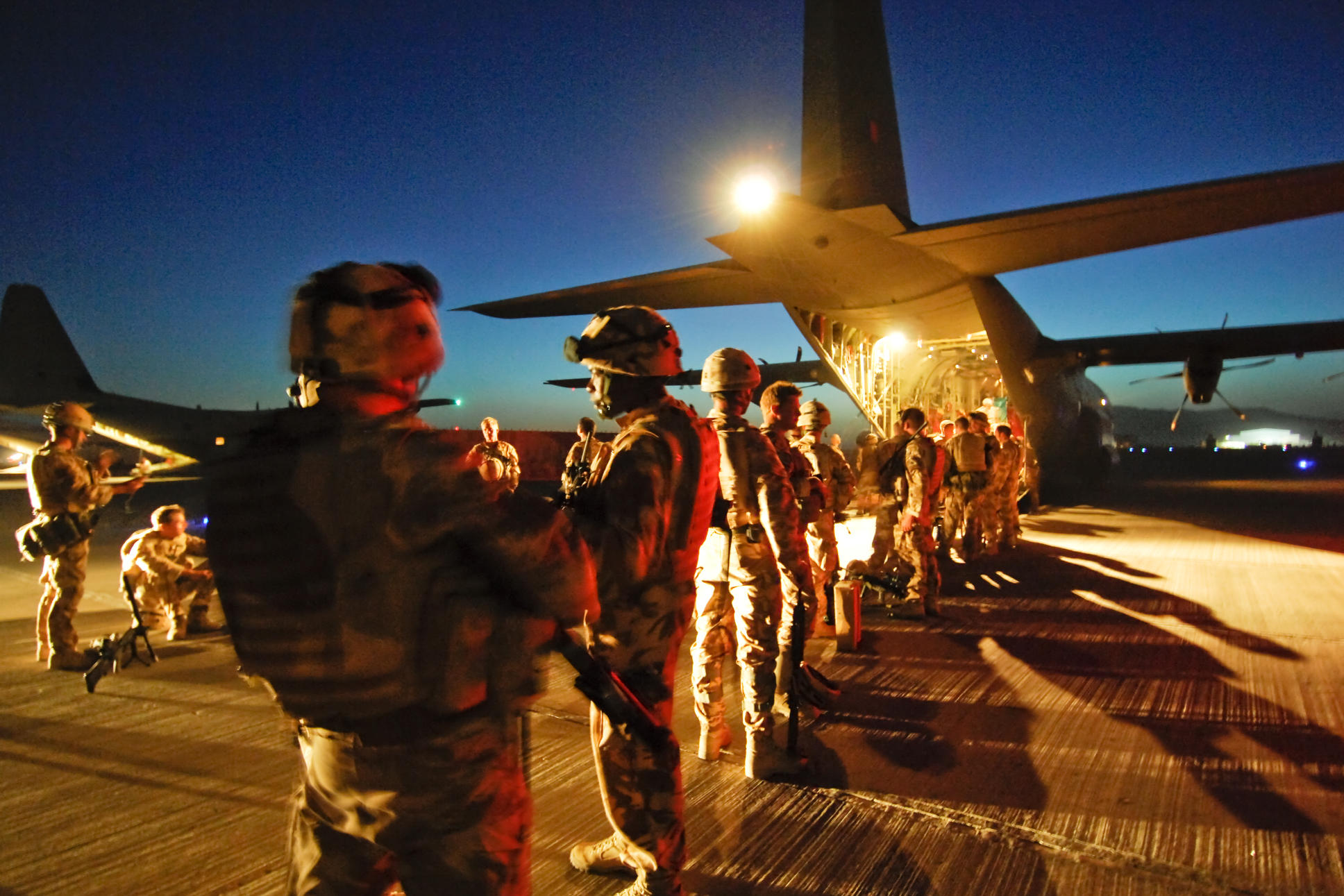
UP to 25 Black Watch soldiers failed a drug test last year, The Sunday Post can reveal – the highest number in any Scottish battalion for five years.
Politicians have voiced concern and called for a review of the recent decision to give new recruits who failed drug tests a second chance.
The SNP’s armed forces spokesperson, Carol Monaghan, said: “These figures expose the folly of relaxing sanctions for illegal drugs use in the armed forces.
“Young recruits are receiving conflicting messages on the seriousness of drug use and it is hardly surprising that the number of dismissals, following positive drugs tests, increased.”
Figures obtained by The Post reveal the number of soldiers who failed drug tests in the seven battalions of The Royal Regiment of Scotland doubled to 40 last year, with 20 of the tests failed in 3 Scots, The Black Watch.
Ten soldiers from The Royal Highland Fusiliers (2 Scots) and 10 from The Highlanders (4 Scots) also failed tests in 2018.
The Ministry of Defence round the numbers up and down to the nearest 10, so the precise figure of failed tests could be as low as 25 or as high as 55.
The overall figures were higher in 2016 but the year-on-year jump has worried observers highlighting the decision not to automatically expel soldiers failing tests during basic training.
A National Audit Office report last week revealed Capita, the company that won the £495 million contract for army recruitment in 2012, has missed targets every year since, with the total shortfall ranging from 21% to 45%.
The House of Commons Defence Committee was told in October the Army has 77,000 fully trained troops, 5,500 fewer than the target of 82,500.
And Ms Monaghan linked the shortage of recruits with the decision to give recruits failing drug tests a second chance, adding: “The Ministry of Defence needs to come clean and admit these rules have been relaxed because of abysmally low levels of recruitment and a desperate desire to retain those recruits who have signed up.”
The Ministry of Defence (MoD) relaxed the rules in 2017 because up to 10% of trainees were dismissed during their first 14 weeks for failing drugs tests.
Official MoD documents revealed in 2017 that new recruits who failed tests would be allowed to stay in the Army, even if they tested positive for illegal drugs such as heroin, cocaine, ecstasy and cannabis.
Serving soldiers are usually dismissed for failing tests, however, the Army can enact its Exceptional Retention In The Service policy to permit soldiers to remain. The number retained in Scotland is in the low single figures since the policy was introduced.
Keith Brown, MSP, a former Commando, said allowing soldiers who use guns and explosives a second chance after they fail a drugs test could mean “mortal danger” for comrades.
The SNP’s Mr Brown said: “Sending signals that drugs use will be tolerated in any way cannot be the right answer.”
He added: “During training, recruits will be asked to confront dangerous situations, high-velocity weapons and high-explosive ordinance, usually for the first time. Giving any sign that drug use can be tolerated in any way in those circumstances is both a recipe for disaster and likely to further deter those who would wish to join the forces.
“Live firing exercises are one of the most potentially dangerous training environments possible. Anyone whose judgement and concentration are impaired during such activity represents a danger, even a mortal danger to others and to themselves.”
One Iraq War veteran said more support must be offered to serving and retired soldiers who misuse drugs.
John Owens, 45, from Ayrshire, who was just 17 when he served in the first Gulf War, said: “Nothing prepares you for the trauma of seeing your closest friends die by your side. You have to just get on with it and you know that the grief will come when you get back home.
“That’s why I think there should be more resources for serving soldiers and ex-soldiers.”
David Liddell, chief executive at the Scottish Drugs Forum, said problems with drugs are common among people who have experienced trauma.
“There are certainly substance-use problems amongst veterans dealing with trauma and re-entry to civilian life,” he said.
When it emerged last year that rules for trainees had been relaxed, former head of the Army, General The Lord Dannatt, said: “In these circumstances I think it makes sense to give a second chance to recruits as part of their training process. But the Army must never tolerate drug-taking in field formation units.”
Another former Army head, General Sir Mike Jackson, also backed the move and said he is “entirely comfortable with (young recruits) being given a second chance at this stage of their careers if they fail a drugs test”.
Scottish Labour MP for Glasgow North East, Paul Sweeney, a former reservist, said The Royal Regiment of Scotland has a “chronic recruitment problem” and warned that a zero-tolerance approach to drug-taking is “an unnecessarily wasteful policy, given the extensive time, cost and effort taken to train increasingly scarce soldiers”.
An Army spokesperson said: “The Army does not tolerate illegal drug use as it is incompatible with military service and operational effectiveness. Personnel caught taking drugs will be discharged.”

Enjoy the convenience of having The Sunday Post delivered as a digital ePaper straight to your smartphone, tablet or computer.
Subscribe for only £5.49 a month and enjoy all the benefits of the printed paper as a digital replica.
Subscribe